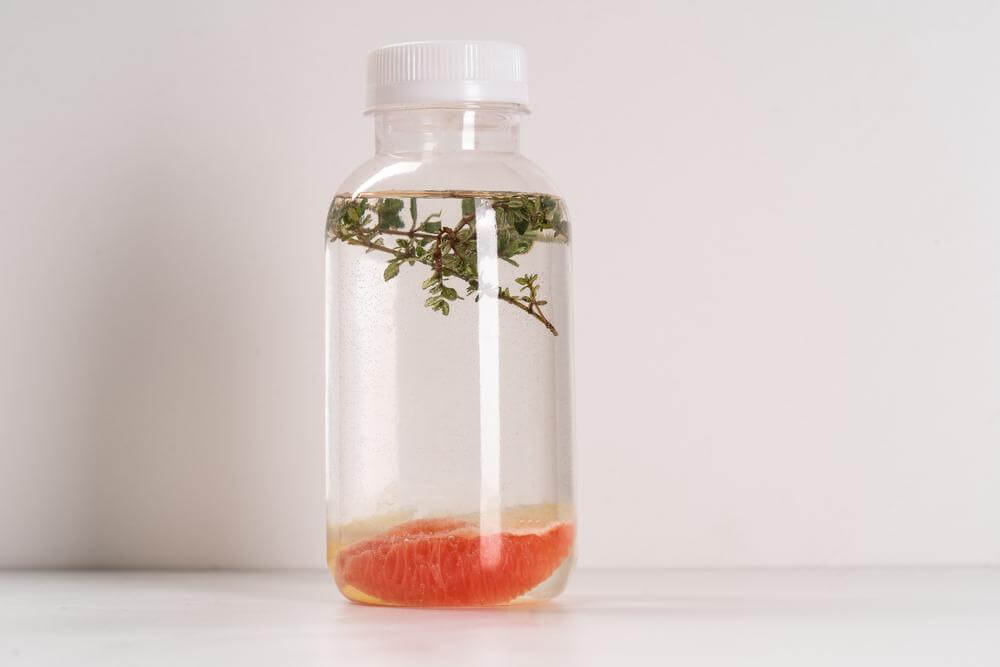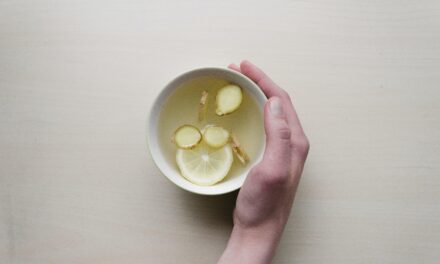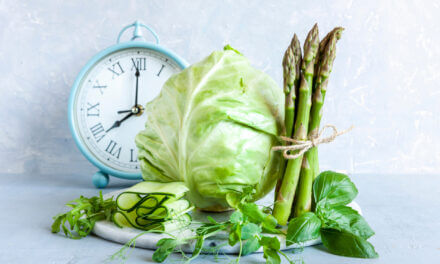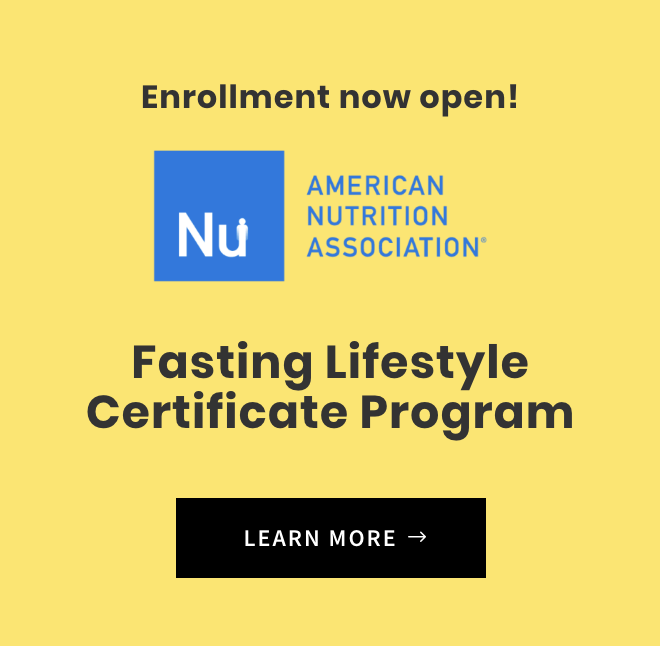Detox & Cleanse Programs

The Big Idea Behind Detoxes & Cleanses
The body detoxes naturally and still benefits with a dedicated program to address and reset poor lifestyle habits.
While technically not part of the fasting family, cleanses and detox diets share many of the same goals as a fast: better digestion, more energy, healthier skin, improved mood, and weight loss are just a few.
Cleanses and detox diets usually focus on improving liver health, the main detox organ, and nearly all of them enhance elimination and digestion.
Though detoxes and cleanses are extremely varied in how they get the job done – ranging from supplements to meal kits and even enemas, — their common purpose is to give your body a break from unhealthy foods and habits that cause you to be unwell. In this sense, cleanses and detox diets are similar to fasts.
But unlike fasting, many popular cleanses/detoxes have little to no scientific evidence backing them up.
What Is A Detox or Cleanse?
Detox diets and cleanses are dietary regimens aimed at restoring health and vitality. The first recorded cleanses were actually just water and liquid fasts, but most modern cleanses and detoxes typically include protein powders, juices, meal replacements, and targeted supplementation.
Many cleanses gain popularity by celebrity endorsements – such as Gwyneth Paltrow and the ‘Clean’ program – and also through high-profile authors who recommend a particular cleansing method. Some detox protocols involve abstinence from certain types of food, such as meat or processed ingredients; others exclude all types of food. And dissimilar to fasting, cleanses and detoxes usually happen over periods of a week to a month.
Benefits of Detoxes and Cleanses
While there are tens of thousands of people who’ve benefited from one program or another, the research on cleanses and detox diets is essentially non-existent. That said, there are a few undeniable benefits that apply to most any cleansing protocol:
Sugar-free
The vast majority of detox diets and cleanses severely limit or altogether nix sugar. This is a good thing, because the continual consumption of sugar is linked to diabetes – and diabetes is correlated with heart disease. Any break from sugar, whether from a cleanse or not, is welcomed by your body.
Real food
Though some detoxes are pill-centric, most are focused on resetting your relationship with food: getting more of the real stuff, and avoiding processed junk. This is a huge positive for your health, because processed foods are often devoid of nutrients that support optimal health and energy, and they’re almost always filled with cheap fillers (like sugar and industrial oils) that cause disease.
Weight loss
Anecdotal reports show that cleanses and detox diets can help people lose up to 70 pounds due to long-term habit changes. In an article for Women’s World, Dr. Mark Hyman says that his patients frequently lose “8, 12, and even 20 pounds in just over a week.” Though there isn’t research to support weight loss claims for any cleanse, it’s easy enough to see how cutting out empty calories and including more nourishing food would support an optimal body composition.
Risks of Detoxes and Cleanses
There’s an old saying, “The dose makes the poison.” This is definitely true for detox diets and cleanses. While most of these won’t hurt to try, long-term adherence could pose a risk – especially to those with health conditions. Always make sure to consult your doctor before attempting a detox or cleanse of any kind.
Here are some risks for typical cleansing diets:
- diarrhea caused by magnesium salts and laxatives
- headache and fatigue due to calorie restriction
- electrolyte imbalance through large quantities of water and minimal food
- kidney problems, especially due to juices high in oxalic acid
- rebound weight gain after consuming a low-calorie diet.
How to Do A Detox and Cleanse
There are several types of cleanses and detox diets, only a few of which we can cover here.
Whole30
Whole30 is a challenge that excludes the following foods for 30 days:
- dairy
- grains
- alcohol
- processed foods
- additives (including MSG, carrageenan, and sulfites)
- soy
- sugars (even natural sugars, such as honey or maple syrup)
- no baked goods
Many use this detox diet to identify hidden food intolerances or allergies, and also to reset their relationships with food. Though there is quite a lot of restriction in this diet, the founders encourage you to eat meat, seafood, and eggs, fruits and vegetables, natural fats, and herbs, spices, and seasonings. One non-food related rule: no stepping on the scale! (Except on the first and last days.)
Be Well Cleanse
The Be Well Cleanse was pioneered by Dr. Frank Lipman, author of How to Be Well, and its purpose is to reset your digestive health. It does over a two-week period with the following:
- three protein shakes per day
- two weeks of digestive enzymes and herbal supplements
- L-glutamine (to repair the gut lining)
- online nutrition and lifestyle classes
- and a shopping list of allowed foods
Mark Hyman’s 10-Day Detox
Dr. Hyman is an outspoken voice for fasting and healthy eating. His 10-day detox is centered on eliminating processed foods, and it includes the following:
- nutrient-dense whole foods that don’t spike blood sugar
- detoxing supplements such as magnesium, zinc and GABA
- recommendations for time-restricted eating
- meal replacement shakes
- text coaching
Master cleanse
The Master Cleanse is a liquid-only diet intended for liver detoxification and resetting the digestive system. It lasts for 10 days, and consists of a ‘fasting’ beverage made of the following ingredients:
- 2 tablespoons fresh-squeezed lemon
- 2 tablespoons grade B maple syrup
- a pinch of cayenne
- 8 to 12 ounces of purified water
(Yep, that’s it.)
Experts advise gently easing into and out of this cleanse by cutting out processed foods and alcohol in the days before, and by limiting solid foods in the days after.
Don't know which fast is right for you? Read this article
List of Top Science or Studies:

Intermittent Fasting (IF)
Strategy that combines periods of eating with periods of fasting into a regular schedule.
Fasting With Water
The purposeful abstention of all food – solid or liquids – except for water.
Ketogenic Fasting
Combines keto dieting principles with routine periods of fasting for enhanced fat loss.
Medical & Healing Fast
Medical/therapeutic fasting is – eating nothing for medical advancements and natural healing.
Time Restricted Eating
The philosophy that aligns mealtimes with your natural circadian rhythm.
Fasting With Juice
Combine all your fruits & veggies into delicious juice for a select period of time.
Alternate Day Fasting
The idea behind ADF is simple – eat one day, don’t eat the next.
Spiritual & Religious
Spiritual and religious fasts have been part of almost every culture and religion throughout recorded history.
Prolonged Fasting
Fasting for 48 hours and over to achieve health benefits and clarity.
Fasting With Food
Also known as Fasting Mimicking Diet (FMD), eating specific macronutrients to keep your body in a fasting state.
Dry Fasting
DF is the abstinence of food and water. Total. Abstinence. Dry!
Detox & Cleanse Programs
Focus on improving liver health, the main detox organ, and nearly all of them enhance elimination and digestion.

















